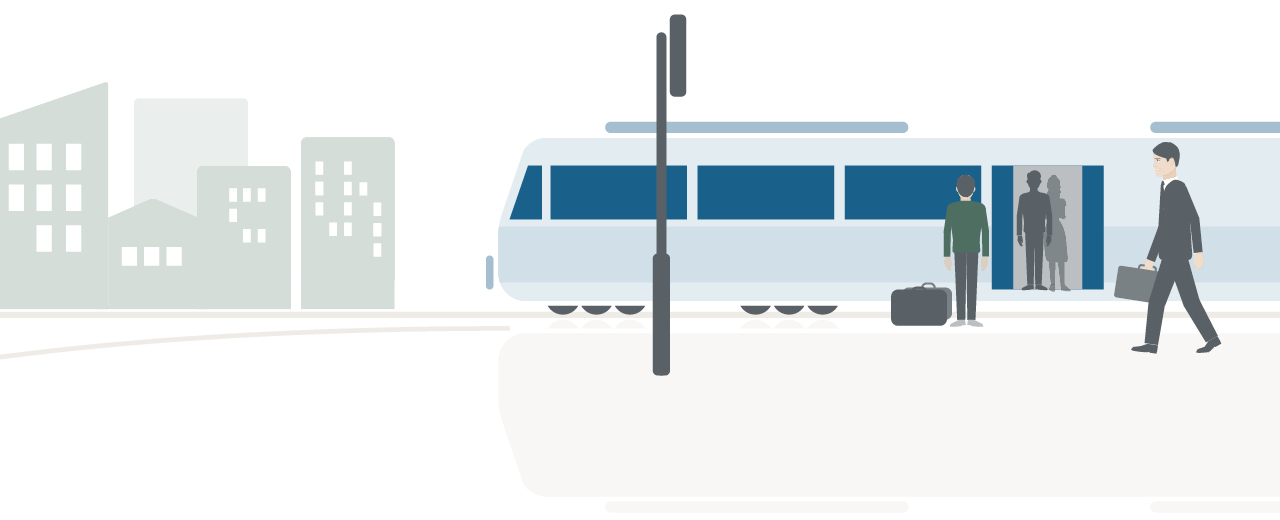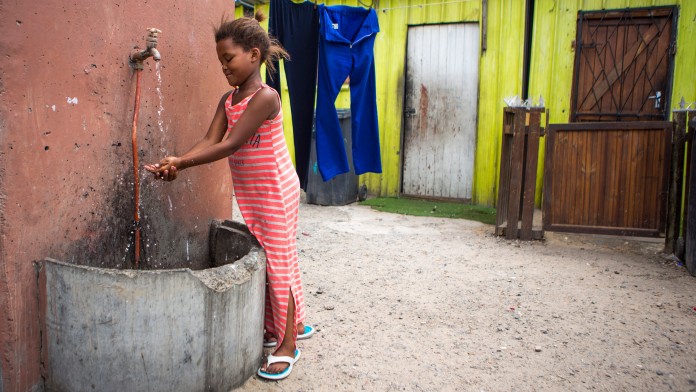Urban development
The number of people worldwide living in cities already outstrips those living in rural areas. By 2050, more than two-thirds of the global population, or six billion people, are expected to be living in cities. On behalf of the Federal Government, KfW Development Bank is helping cities in developing and emerging economies to become more pleasant places to live, to exploit the opportunities offered by urbanisation and to minimise the risks involved.
More and more people are living in cities. They travel to work and transport goods, meaning that the volume of traffic is also growing considerably. Traffic in cities in the OECD member states, for example, is already responsible for one-quarter of greenhouse gas emissions. As mobility levels rise in the world’s developing countries, so too does the demand for climate-friendly, sustainable means of transport. KfW supports systems like these in countries such as China and Peru on behalf of the Federal Government.
Germany unveiled its contribution to sustainable urban development at the Habitat III Conference in Quito: the “Transformative Urban Mobility Initiative” (TUMI).
TUMI is designed to promote mobility in fast-growing cities in the world’s developing countries and emerging economies – particularly by creating sustainable local public transport systems and through transport safety and transport avoidance measures.
With the support of the Federal Government, KfW is planning to make around EUR 1.0 billion available to finance FC mobility projects in 2017 alone.

Sustainable cities are based on integrated development. They protect natural resources by consuming less land, constructing energy-efficient buildings, ensuring climate-friendly mobility and a circular economy. They not only supply all of their residents with electricity and clean drinking water, but also offer them security, education, healthcare and jobs.
At the end of the conference, the international community adopted the “New Urban Agenda”, which set out joint guidelines for sustainable urban development. These are aimed at providing cities around the world with a framework for development over the next 20 years.

Legal notice:
The information contained in this online Annual Report 2016 is based on KfW’s Financial Report 2016, which you can download here. Should this online Annual Report 2016, despite the great care taken in preparation of its content, contain any contradictions or errors compared to the Financial Report, the KfW Financial Report 2016 takes priority.



Share page
To share the content of this page with your network, click on one of the icons below.
Note on data protection: When you share content, your personal data is transferred to the selected network.
Data protection
Alternatively, you can also copy the short link: https://www.kfw.de/s/enkBbv-U
Copy link Link copied